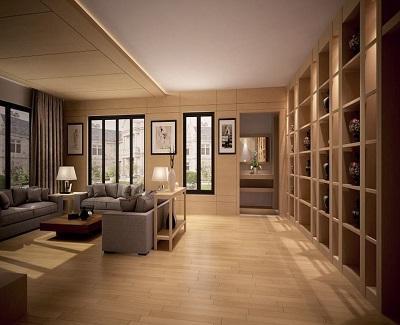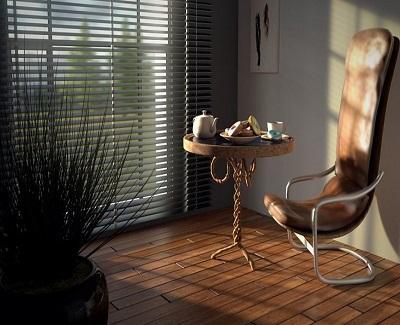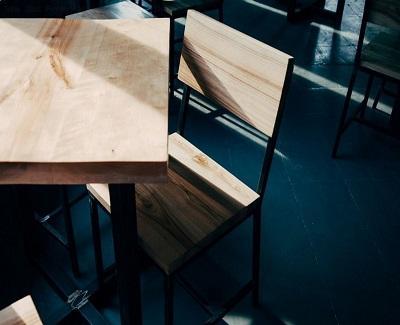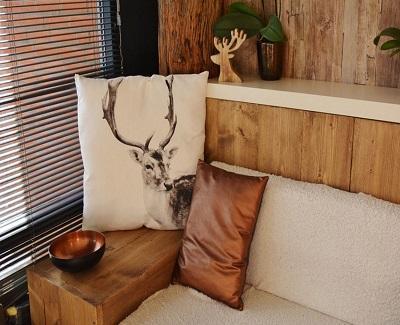Designers have always had one goal from the beginning: to make the environment beautiful. Apparently, interior design is similar to fashion; it’s dynamic. A lot of interior designers have different approaches to the task. Some use traditional techniques to make a home beautiful while others are busy exploring modern day design strategies. Some developers argue that modern day design principles work better than the old while others suggest that a combination of the old and the new strategies can make a home a little heaven for its occupant. If you do your research about the evolution of design, you will realize that a lot has changed, and you must adapt to these changes if you want to become one of the best interior designers.
The primary goal of interior design is to create an epic environment to meet the needs of homeowners. Professionals often integrate engineering and home interior design to add seamlessness to the interior of any home. Improved creativity at its best and high standard design strategies almost always change the way occupants feel about their surroundings. In fact, talented designers often overwhelm homeowners to a point where they no longer ask the why and the how questions.

The market has hundreds of thousands of novice and intermediary designers. Consumers, therefore, can settle for a designer they deem fit. Customers not only look for designers who can work on a budget and within schedule, but also they expect that the designer in question will add functionality and life in a room. The best interior design professionals must understand the needs of their customers before they start the design job. The best interior design job starts when you understand who your consumer is, and what they want.
If you are a beginner in design, you might find it challenging to get started. Beginners often have a difficult time understanding what makes the best design. Although many graduates from top colleges and institutions of higher learning know how to get their first client(s), many of these graduates often have no idea what good design is. Following is a useful guide that will help you understand what your design project should be, and how to make your work appeal.
Designs should be functional
Although customers are different, they almost always have the same interest: functional interior design. The key point here is that functional design adds more beauty in the environment. Functionality makes the interior environment more appropriate and efficient for the homeowner. Now, the only way to accomplish this goal is to establish a good working relationship with the consumer.

Sometimes you will have to work together with a consumer to keep the project aligned with their goals. Your objective should be to follow the directives that a customer provides. In any case, your customer chooses the best finishing materials, not the other way round. It is difficult to know what a homeowner expects unless you ask them. Before you start working on any client’s project, therefore, ask them whether they have a general guide or specific requirements for the project. Eventually, you will save time, and use resources correctly.
Keep an eye on durable designs
Designers make many promises to their clients, but one of these promises is often interesting. It is the hope of using durable materials to create a durable design. The problem is very few of the so-called professional designers live up to this promise. It should not surprise you to hear a customer complaining about how the designer they hired compromised with quality although they promised the best results.

Durable design will make facilities pass the test of time. Consumers look for designers who care about material durability and cost. A client who hires you for interior design work expects that you choose quality materials and products that are more appropriate for creating functional designs.
Perfect design features compatibility
Many designers fail to achieve a unified level of scale and tradition because they do not know or understand the concept of architecture and environmental compatibility. There are only two ways to ensure compatibility: working with a design team or working based on the instructions provide by your client. The significance of teamwork is that it makes it easy for the design team to understand the architectural conditions that can hinder compatibility and those that can enhance compatibility. An environmental study should make it easy to meet the compatibility standards, particularly when dealing with a historical building, a strict client or a larger environment.
The best design must be maintainable
A serious designer always considers maintainability. In any case, a maintained finish is critical. You must know the finishes that match the maintenance requirements of your client. A perfect finish not only guarantees a longer lifespan, but also it is easy to maintain. The design is not just about creating a visual appeal that entices the eyes. It is about making sure that the results will last for a long time, before wear and tear.

The best designs often meet users’ needs
The best designer is the one who understand that consumers often have unique needs. Some designers make the mistake of giving consumers what they do not want. They try to think that they know what’s best for their clients. The worst thing you can do is to express to a customer that you know them more than they do. The most important thing is to work with the client to make sure that the designs meet their human needs. Even if you are conversant with too many way of getting around designs, user’s needs will be the only thing that matter in the end. Recently I have seen an article published by Couponmachine on popular bedroom designs. Those are the most popular handpicked designs by experts. May be you should go through them.
The principle of a user’s need in terms of design is simple; meet their needs at as many levels as possible. Clients need to feel good about their surroundings. The only way to make sure you deliver what they want is to work hand in hand with them. The design should be about providing relaxation and coziness.
